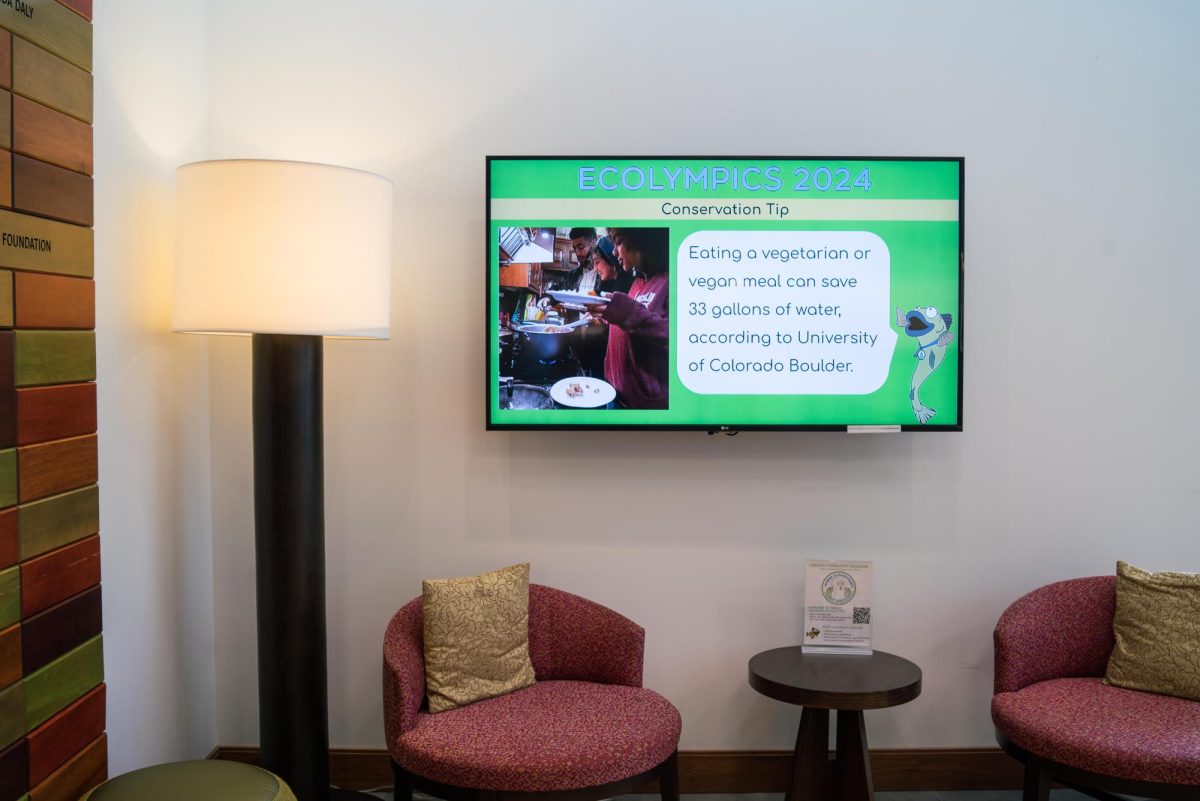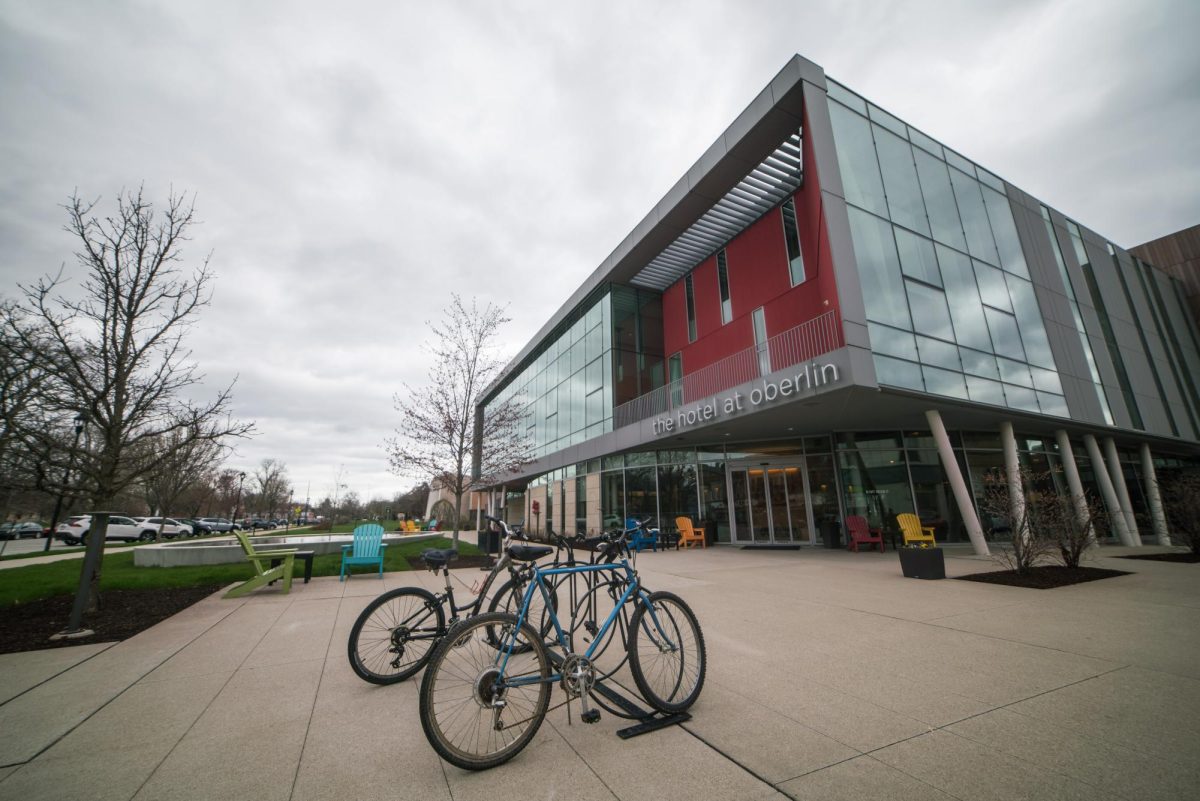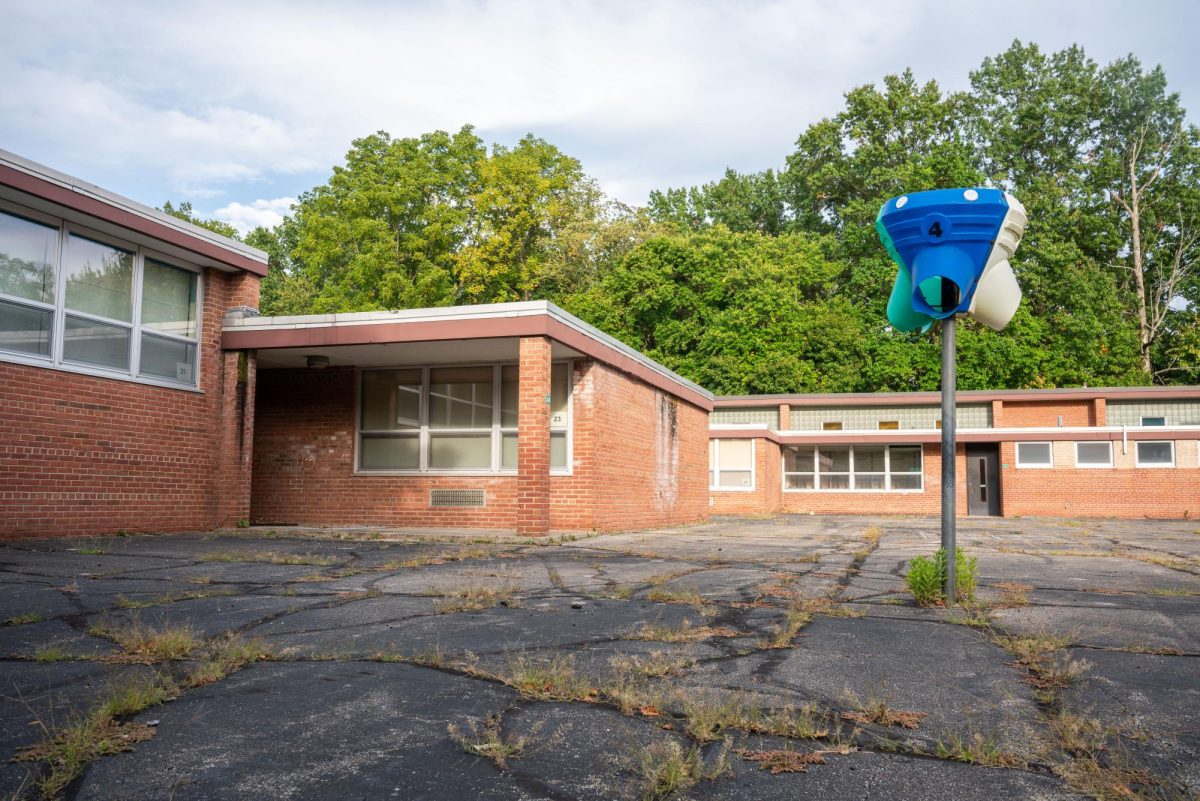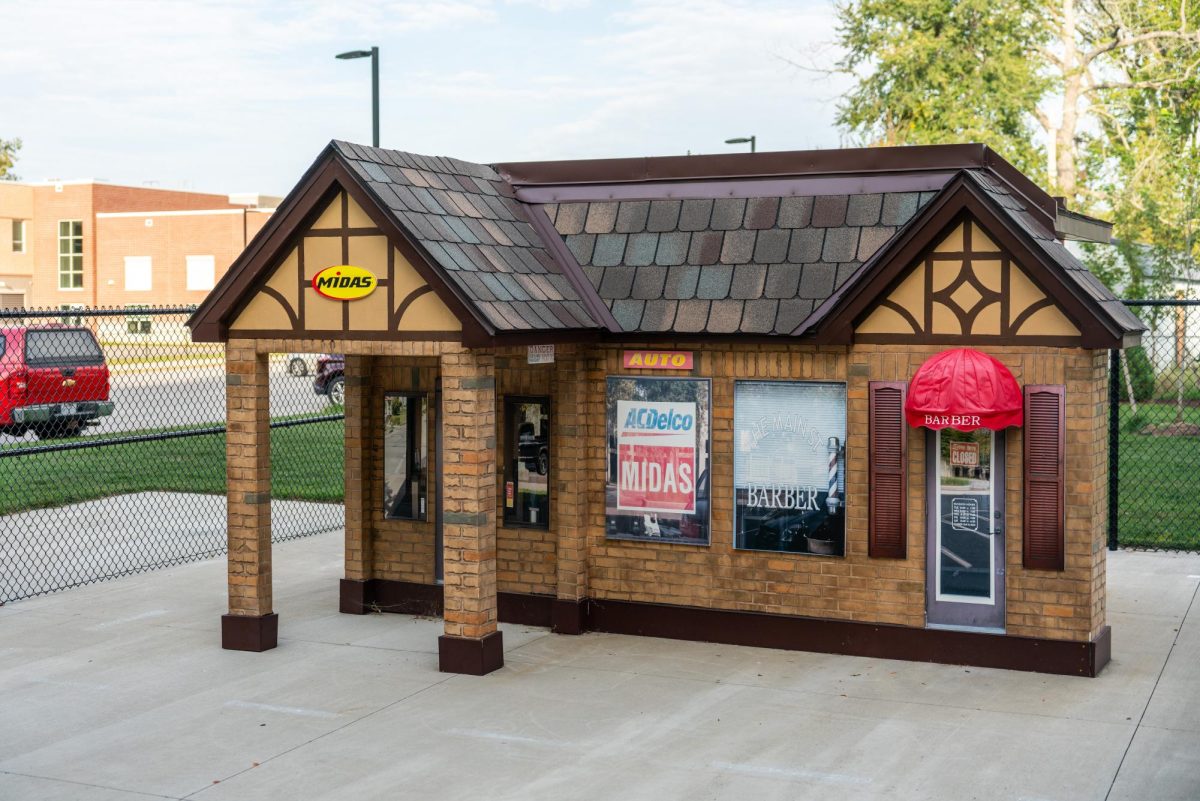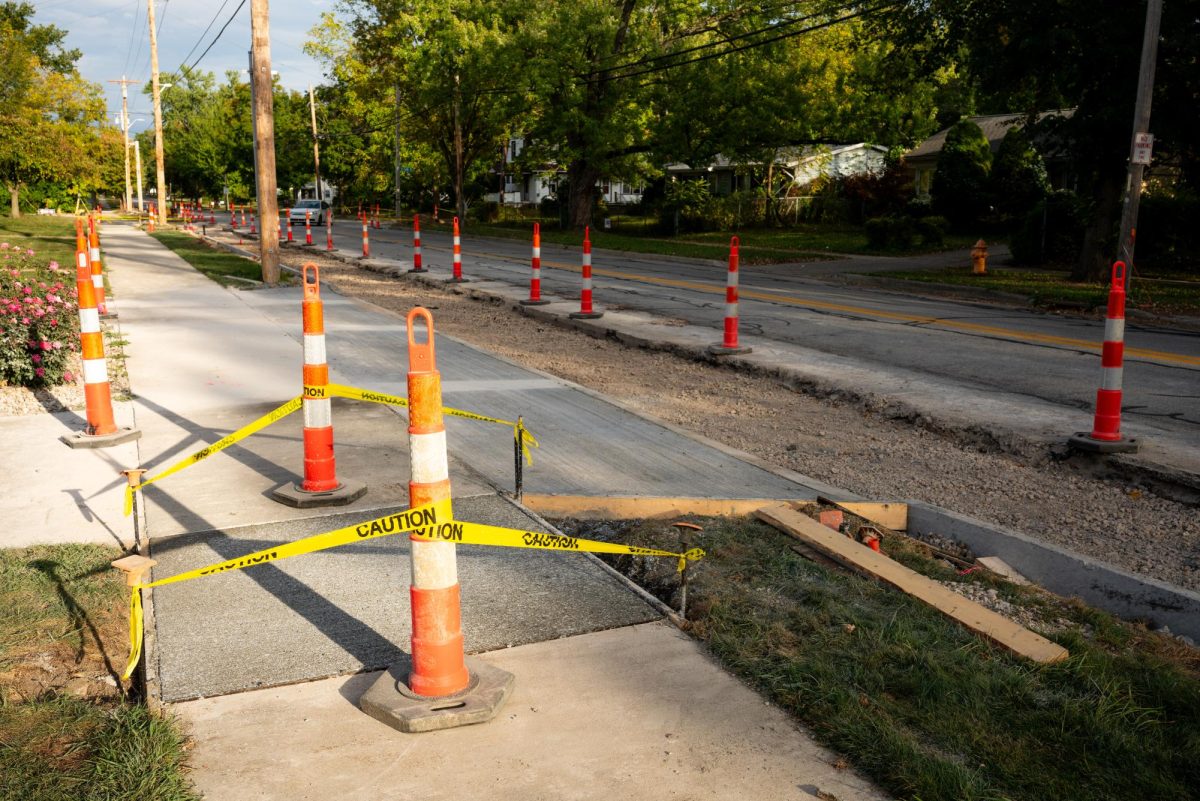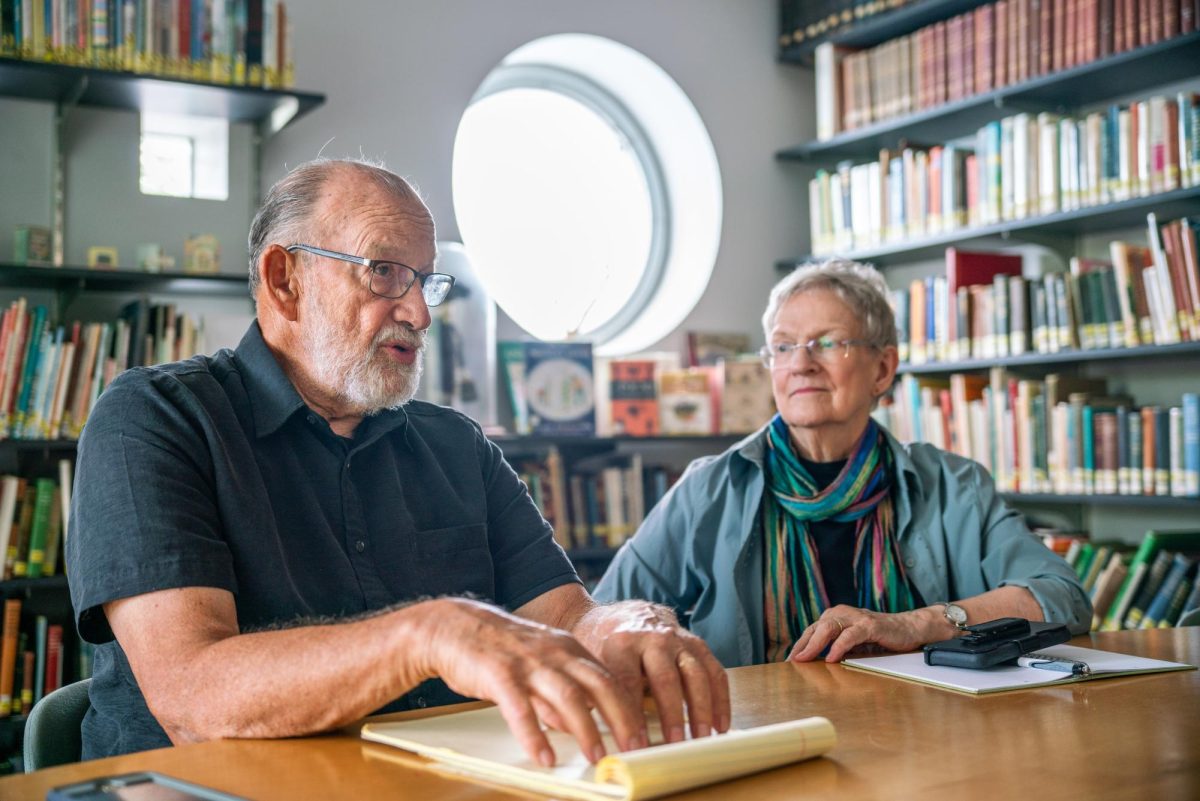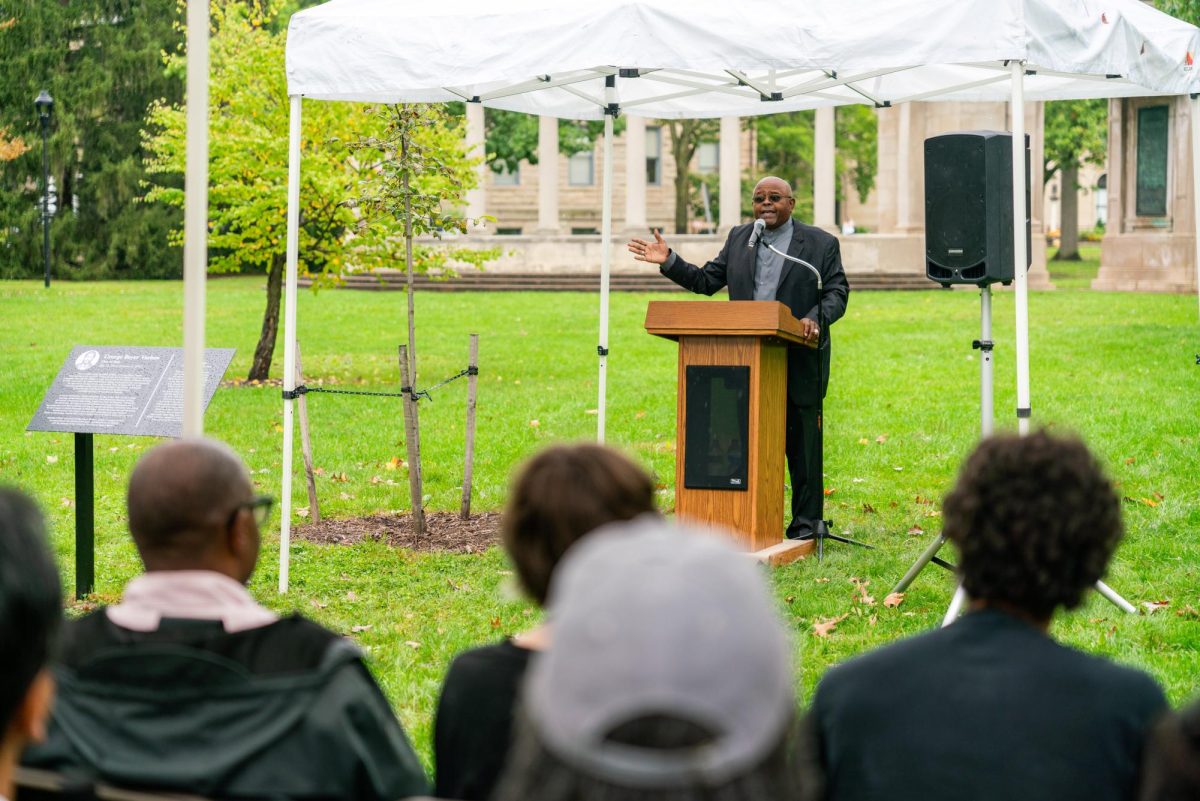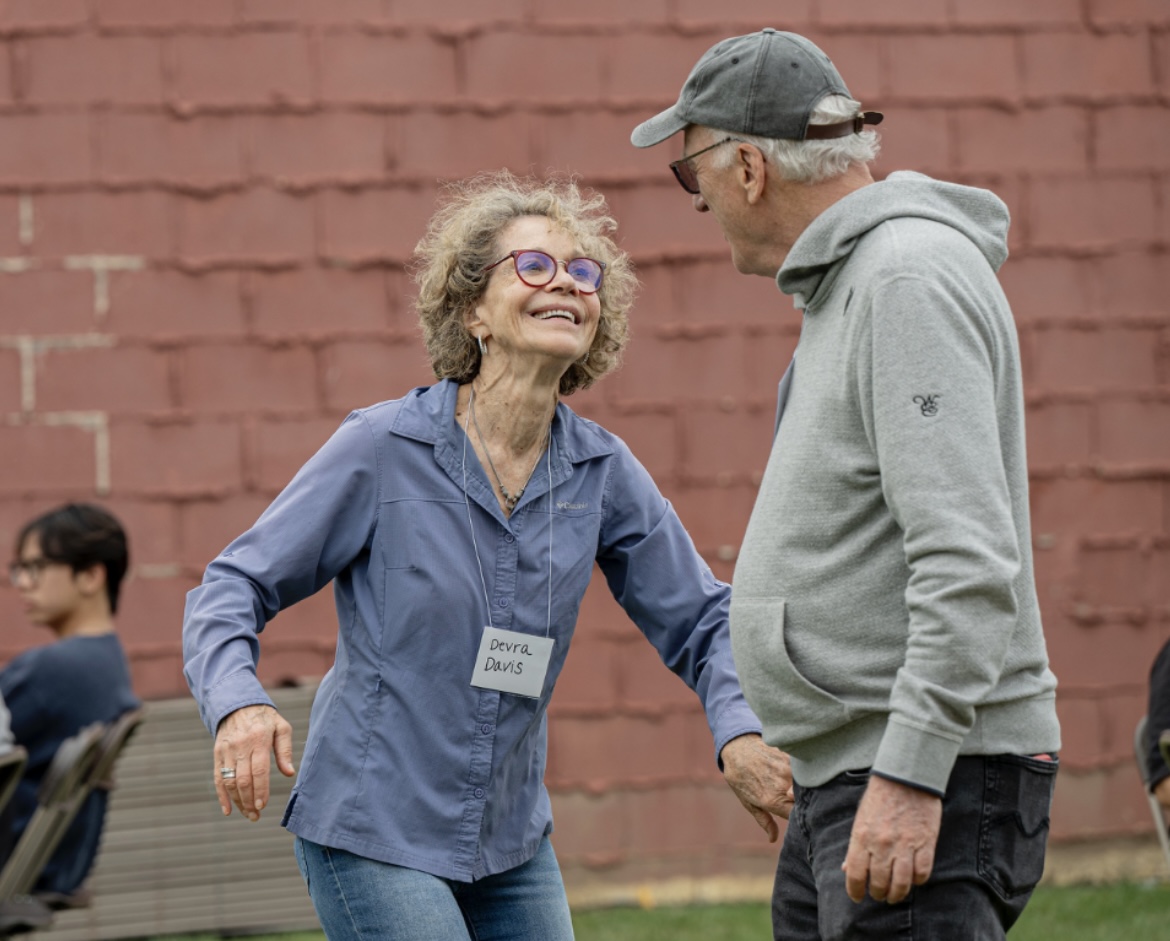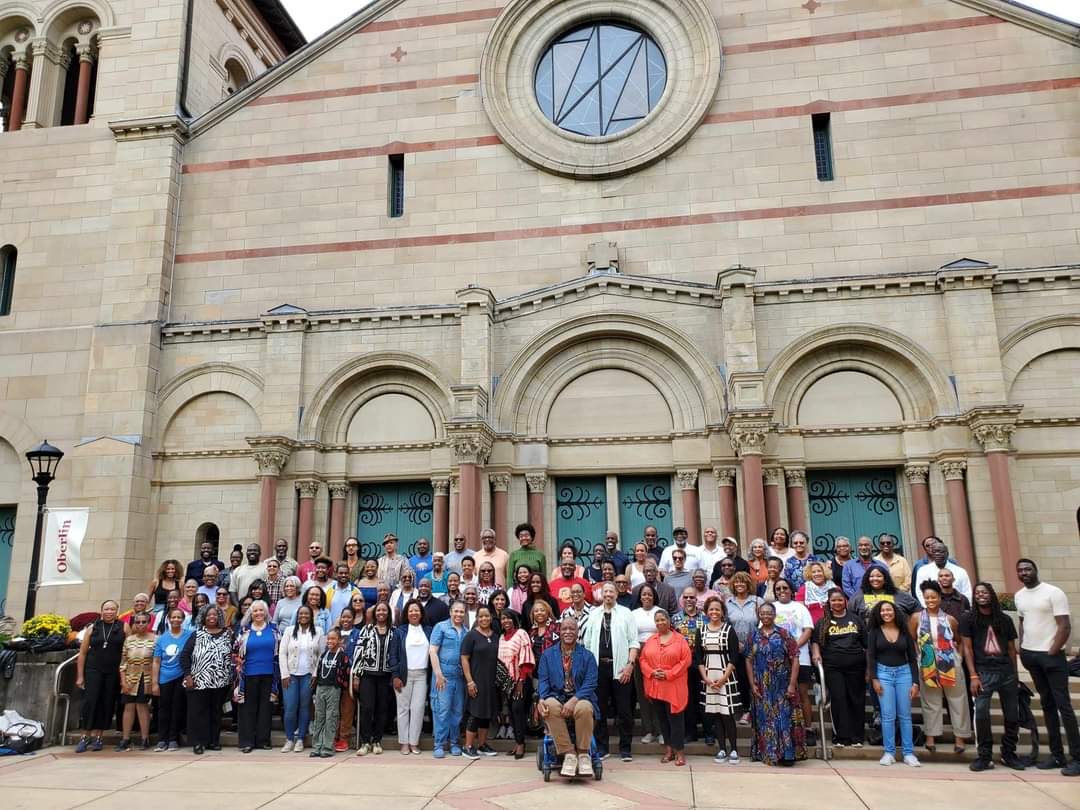The Oberlin Ecolympics kicked off Monday. During the Ecolympics, College and community buildings will compete with each other to save power and water. The event will run until March 17.
The community theme for this year’s competition is “Later is too late: Efficiency, Electrification, and Solarization.” The community goal of the competition is to reduce electricity use by 10,000 kWh and water use by 10,000 gallons during the competition.
In this iteration of the competition, the Oberlin City Schools; community buildings including the Oberlin Public Library, Oberlin Enrichment and Activity Center, Oberlin Fire Station, and School District Office; 27 dorms; and, for the first time, Administrative buildings, including Cox Administration Building, Wilder Hall, and the Admissions Office, will all be taking part.
The Ecolympics started in 2006 as a College-only event, with dorm buildings competing to see who could reduce their resource consumption the most.
The impetus for the competition came when dorms began to be installed with energy and water meters to check consumption, and Harkness Hall and Fairchild Hall began to show real-time consumption on screens attached to the dorm building. That real-time monitoring technology was first fitted in the Adam Joseph Lewis Center for Environmental Studies and provides the data for the Environmental Dashboard, which displays the real-time resource consumption of different buildings.
This year, an Ecolympics Challenge will also be included on the Beanstalk website, sponsored by the Oberlin Public Library. Participants will be able to log their sustainable activities and earn raffle tickets, which they can enter to win prizes.
The Office of Environmental Sustainability is also hosting several Ecolympics events, including tours of the AJLC, a spring clothing swap March 8, book displays, and documentary screenings, among other things.
The competition ran until 2018 before taking a five-year hiatus. It then returned in 2023.
Over the years, it has grown beyond the College to become an event that engages the community.
One of the main community organizations participating is the Oberlin School District, with all the schooling levels participating in different ways.
On Tuesday, at the Oberlin Elementary School, students turned off classroom lights to study in natural light and took time to learn outside. Students are also taking turns collecting trash and planting seeds, which will be replanted in the pollinator field for insects such as butterflies and bees. Those at Langston Middle School are being more conscious of their water and energy usage. The Oberlin High School is turning off any unnecessary lights.
All of the students are monitoring their progress through the Environmental Dashboard.
According to Oberlin City Schools Marketing and Communications Specialist Melissa Linebrink, the event has helped change students’ habits to be more environmentally conscious.
“From speaking with students and families, a lot of what is learned in school is taken home[,] too,” Linebrink wrote in an email to the Review. “Students have shared they are turning off the lights at home when the sun is shining. They noted that they can take a shower in less time than they normally do while at home. They are making an effort to pick up trash around their neighbors and place it in proper waste receptacles.”
City of Oberlin Sustainability Coordinator Linda Arbogast agreed with Linebrink’s assessment.
“I have to say that I feel like the schools have taken this on more than anybody,” Arbogast said. “They seem to have a very friendly competitive spirit among them and are actively finding ways to reduce energy.”
Several of the City of Oberlin buildings, which are fitted with consumption meters, are also participating. But, beyond buildings with energy meters, Arbogast told the Review that the point of the competition was also to spread awareness in the wider community.
To aid this effort, there was an Ecolympics kickoff event at the elementary school to teach residents what they can individually do to reduce their resource consumption. The event taught people about how to switch their homes over to less resource-intensive electric appliances, install weatherized insulated windows, and switch to solar power.
Arbogast also highlighted the fact that as a College and town event, the Ecolympics is valuable in bringing the two together.
“One of the important factors … is town/gown relationships and showing how we can be one Oberlin if we work at it,” Arbogast said. “Having events that highlight College and community working together like the Ecolympics [are] really critical. … Ecolympics is showing our history and how we can go forward as one Oberlin.”
Paul Sears Distinguished Professor of Environmental Studies and Biology John Petersen, OC ’88, one of the creators of the Environmental Dashboard and the Ecolympics, described the impact of the Ecolympics on students and said that it helped them to cut down on resources immensely.
“To me, it felt like you’d put these X-ray glasses on these students,” Petersen said. “Their whole life, they’ve been wandering around with energy and water consumption going on all around them, and they’d never noticed any of it. It was like you flip the switch on and suddenly, it was like they were seeing … all this consumption going on everywhere. And suddenly it was like, ‘I care about this.’”
College second-year and Eco-Rep Luke Moeller also emphasized the impact that the Ecolympics have in creating community action to save resources.
“There’s this central, overarching sense of community throughout the competition, but also many communities within each residence hall,” Moeller said. “I think Ecolympics is a great opportunity to seriously consider how we’re living our lives and how that impacts our resource usage.”


